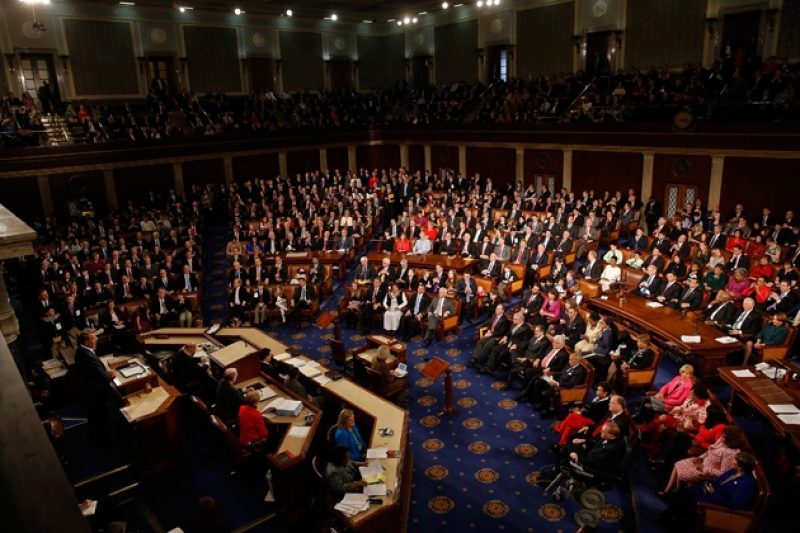New Study: Lawmakers Vote to Benefit Their Own Personal Finances
The study suggests many lawmakers voted in these ways, despite not being consistent with their public political views.
“We found that House members who owned stocks in firms that would benefit from financial deregulation voted for financial deregulation,” says study co-author Jordan Carr Peterson.
“And House members who had invested in financial and automotive stocks supported legislation aimed at bailing out the financial and auto sectors.”
Additionally, politicians from both parties were found to be guilty of these offenses.
More Details
The researchers did a detailed examination of the financial holdings of all House members, who voted on five key pieces of economic legislation between 1999 and 2008:
- The Gramm-Leach-Bliley bill in 1999 (which repealed Glass-Steagall)
- The Commodity Futures Modernization Act of 2000 (which involved substantial deregulation to the financial industry)
- The two 2008 votes on the Troubled Assets Relief Program (which bailed out major banks)
- And the Auto Industry Financing and Restructuring Act in 2008 (which bailed out the auto industry).
“We chose those five roll-call votes the legislation had immediate and direct impacts on the stock market in general.”
In fact, in four of the five instances legislators largely voted in line with their financial interests. Which aren’t for the poor and middle class…
“Honestly, we were surprised that nobody had done this analysis before.” “It required a fair amount of tedious work, which may explain [why no one did it before.]”
These finding probably don’t surprise most Americans. However, it does raise the question of just whose best interests are legislators acting on? Are they hurting us to fill their own pocket books?
It is important to look at policies and how they affect your personal finance. These days bills can take years or can pass in a matter of days. In fact, it’s important to stay up to date on the news. No matter how much you hate politics. Politics impacts the economy and our personal finances like never before!
What do you think of the results of this study? Should regulations prevent this kind of thing? Please reply in the comments below.
